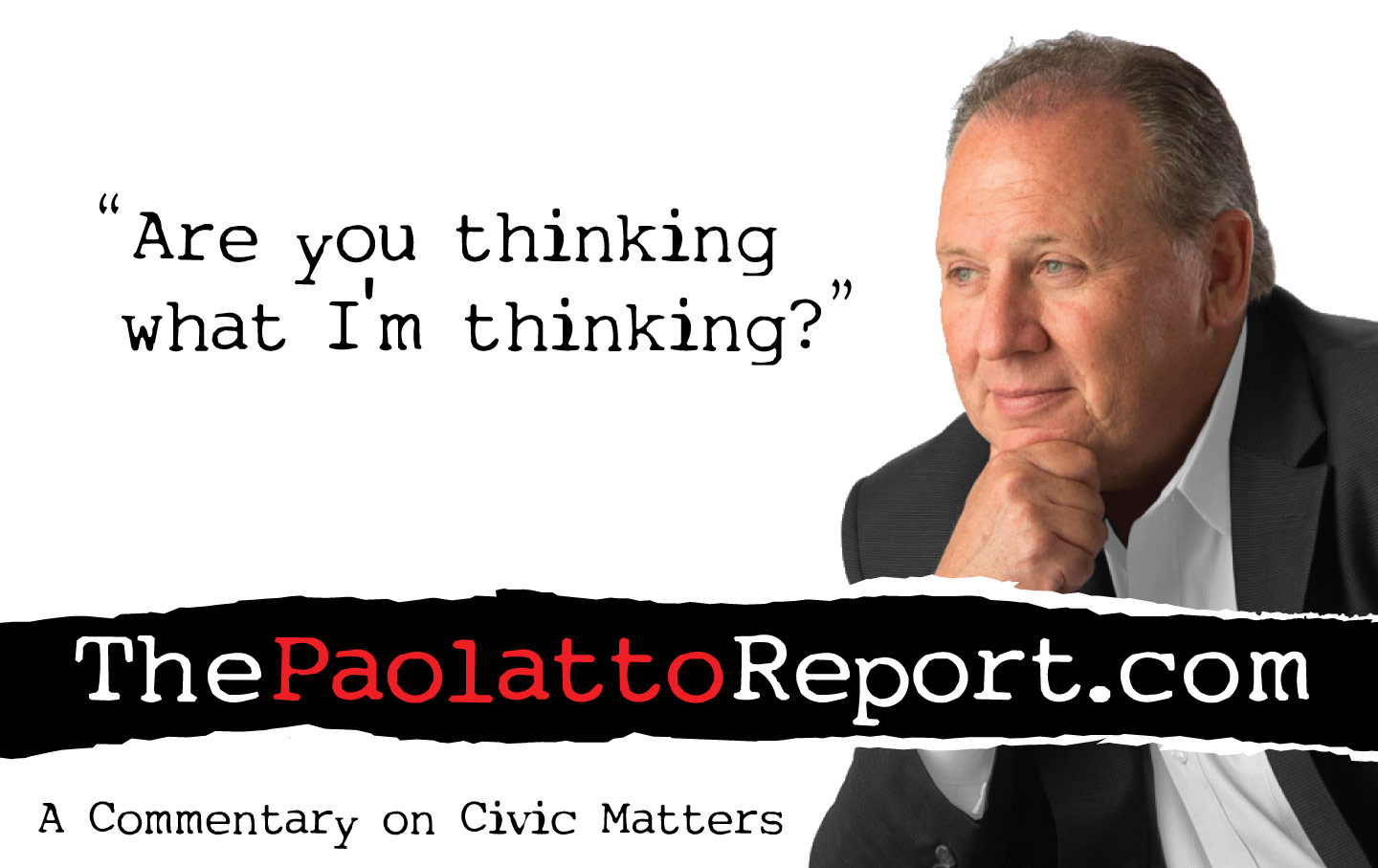This past week, London City Council debated the 2018 edition of their four-year budget. Council spending to-date has been very high. If the annual budget increases continue as forecasted through to the end of 2019, the cumulative rate increase on homeowners since this Council took office will be in excess of 15-percent!
This translates into approximately $300 more per year in property taxes than homeowners paid in 2014 on a single detached home now valued at $221,000. That is an awful lot of money for any household, especially those on fixed income, between jobs or without one.
Needless to say, London’s property tax rate is unsustainable. And it could get worse.
For one, this rate increase depends on City staff finding a whopping $2.5 million in operating savings over the next two years that have yet to be identified.
This rate increase also excludes the minimum wage increase. Council paid for this year’s increase using inflows from assessment growth. Those funds are normally applied to debt reduction or infrastructure so those latter expenses will need to be covered with inflows from elsewhere.
This rate increase also assumes that our assessment growth rates will continue, and that the resulting development charges will be there to service our project portfolio and any debt.
Finally, to compound the problem, this Council has also set in motion a number of significant yet-to-be-funded spending initiatives that will need to be addressed by the next City Council. They include:
- Maintenance cost of the Dundas Flex Street
- A Back to the River Project
- Massive need for Social Housing Rehabilitation
- Wrap-Around Support Services for Supervised Injection Sites
- New Parking Strategies and Structures, and,
- Oh yeah, SHIFT Bus Rapid Transit to name a few.
One can only speculate on the reasons for this rapid escalation in our taxes. Some attribute it to the four-year budget process and the lack of rigour associated with a down-and-dirty annual budget review. Others might attribute it to Council’s unchecked bias towards ‘city-building’, or the previous Council’s obsession with zero percent tax increases, or simply this Council’s limited expertise assessing multi-million dollar budget matters.
Frankly, I care little about how we got here, and care much more about what we are going to do about it.
First, if given the opportunity, I would begin the budget process at zero, build it from there, and revisit it quarterly.
In 2014, the draft base budget started and stayed at 2.5-percent annually. This left Council with little room below their 3% threshold to accommodate their ‘city-building’ wish-list and worse still, provide for any unanticipated one-time budget surprises such as the minimum-wage hike. Moreover, Council spent little time reviewing the base case ever again. I have to believe that City staff have been doing cartwheels ever since knowing that their current staffing and expenditure levels are protected for the entire four-year term.
Second, I would try not set any budget expectations that I could not keep.
For example, I cannot find one independent source that matches London’s current tax rate at or near the rate of inflation as the Mayor promised. I also suspect that when the London Chamber of Commerce expressed its support for a 2-3% tax increase in December 2014, it would have preferred that the annual run rate be closer to 2 than 3%, and not continue into perpetuity. Perhaps someone can check on that…
Alternatively, I would propose linking London’s annual rate increase with our citizens’ ability to pay. I would utilize a clear, specific, independent measure such as the projected Ontario Consumer Price Index as a guide, and then use a business case approach to justify any potential incremental spending above the CPI target. I would also install an annual pre-set expenditure ceiling to ensure spending stays within the community’s financial capacity.
Finally, I believe that as the city’s CEO and only ‘full-time’ elected official, the Mayor of London needs to know the budget better than anyone in the city.
So, much like I did with the London Police Services Board, I would go through the budget line-by-line, sit in the staff meetings, and meet with every civic department; all in an effort to (a) understand where every dollar of taxpayer money is being spent, and (b) pursue every opportunity to reduce costs or do something more efficiently. This process is important because it builds confidence within Council and across the city, that all options to find money inside the existing budget have been exhausted before ever asking the taxpayer for another dollar.
For what its worth, I do respect the ambition of this Council and most Londoners to improve our city.
And if given the choice and limitless resources, who would not want a shiny new flex street; a clean, efficient, and cost-effective rapid transit service; lots and lots of trees; new bridges; freshly paved roads; a scenic river front; and loads of new housing for everyone?
However, I am concerned that in their urgency to do everything now, the current Council has discounted the community’s ability to pay for it, and few if any of the ‘city-building’ priorities outlined above create the jobs and incomes necessary to build and sustain our tax base.
Admittedly, my approach to budgeting will likely be perceived as more balanced than bold and more substantive than sexy. But it works. It has worked for me in the past, and I simply have way too much respect for the taxpayer to pursue any plan that our community cannot yet afford.
Clearly, the next Council will be dealing with some pretty significant (and potentially expensive) budget-busting decisions. The question then becomes, who is up for the job to manage them and still maintain some fiscal discipline?
The future financial state of our city depends on it.
